Why Buying Bitcoin Is a Smart Hedge Against Inflation
Should you buy Bitcoin as a hedge against inflation? What even is a hedge against inflation? Let's find out.
In this article...
- Bitcoin can be used by some investors as a hedge against inflation
- Inflation occurs when the general price level of goods and services rises over time
- Bitcoin was created to have scarcity, so nobody can "print" more
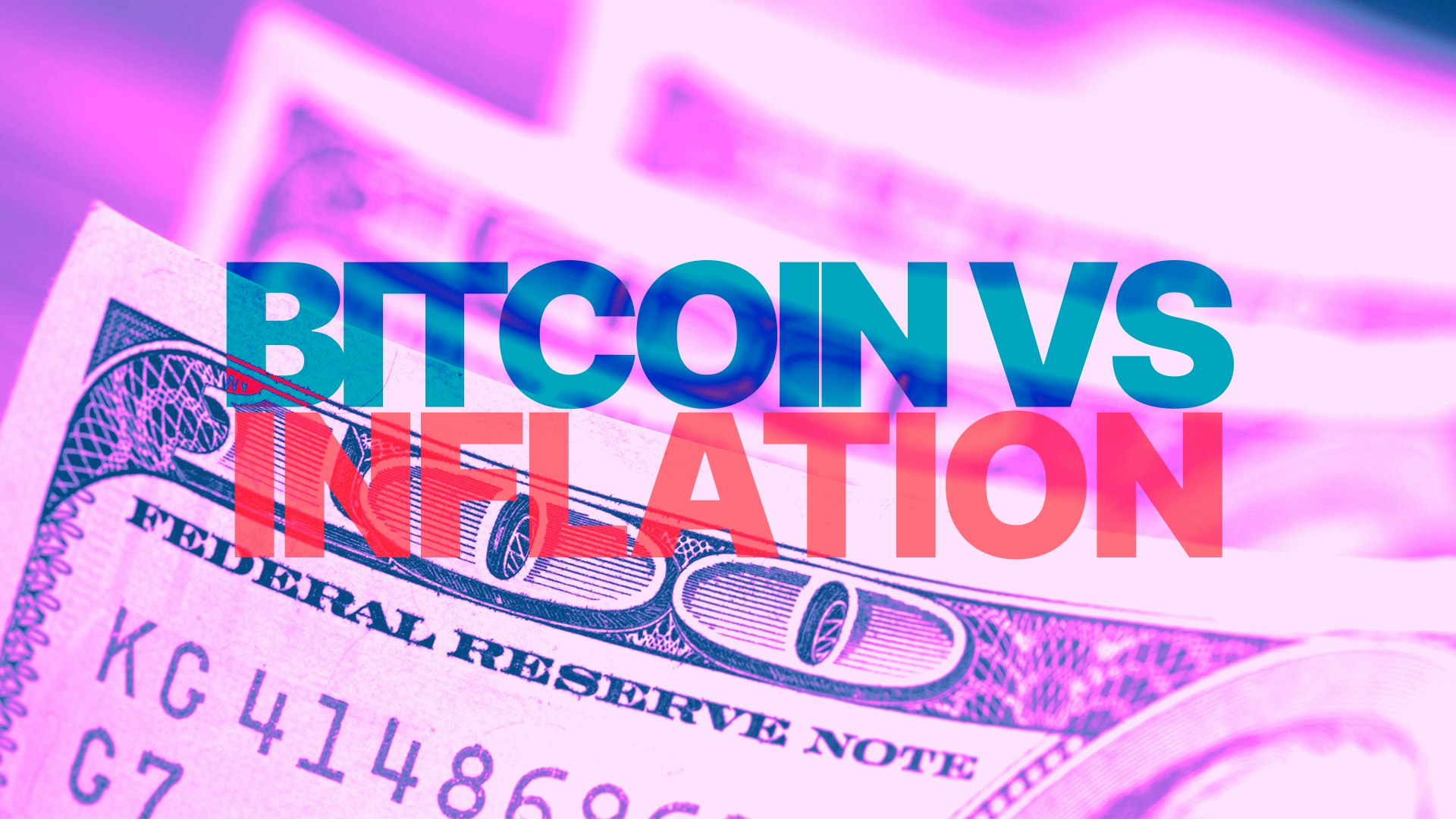
Why do people buy Bitcoin (BTC) to hedge against inflation? And what does hedging against inflation mean? And can cryptocurrencies be used as a tool to protect your wealth? Let’s dig in.
In the world of finance, there’s a buzz around BTC as a way to protect your wealth. But what does this all mean, and why do some people consider it a hedge against inflation?
Why are people buying Bitcoin?
Bitcoin is a digital currency, or a cryptocurrency. It has the highest market capitalisation of any cryptocurrency (meaning more people own it than any other crypto). Unlike traditional money issued by central banks, BTC operates on a decentralised network, which means no one controls it or manipulates it. It is thought of as digital gold – scarce, secure, and independent of any government or financial institution.
The inflation problem
Let's also understand inflation. Inflation occurs when the general price level of goods and services rises over time. When inflation kicks in, your purchasing power decreases. You have the same amount of money coming in, but everything you want to buy is more expensive.
This means you can buy less of what you want today than you could yesterday.
In the last 12 months in particular, inflation measured by anyone's standards has risen hugely.
People in capital cities are finding life so expensive that they are fleeing for regional centres. Australians are making jokes about heading to the nearest foreign exchange, cashing out in Yen, and escaping to Japan. But maybe there is an alternative: Bitcoin.
Central banks play a role in inflation. They can print more money, flood the economy, and reduce the value of each dollar. During times of crisis (like the recent pandemic), governments injected trillions of dollars into their economies. While this helps keep things afloat, it also dilutes the value of existing money.
Bitcoin’s unique feature: Limited supply
This is where Bitcoin offers an alternative. Unlike fiat currencies (like the Dollar or the Pound), BTC has a fixed supply. There will only ever be 21 million BTC in existence. No more, no less. This scarcity makes it resistant to inflation.
Think of it as a collectors' item. If everyone suddenly wants it, the price skyrockets.
Similarly, as more people recognise BTC's value, demand increases. But the supply remains fixed, creating upward pressure on its price.
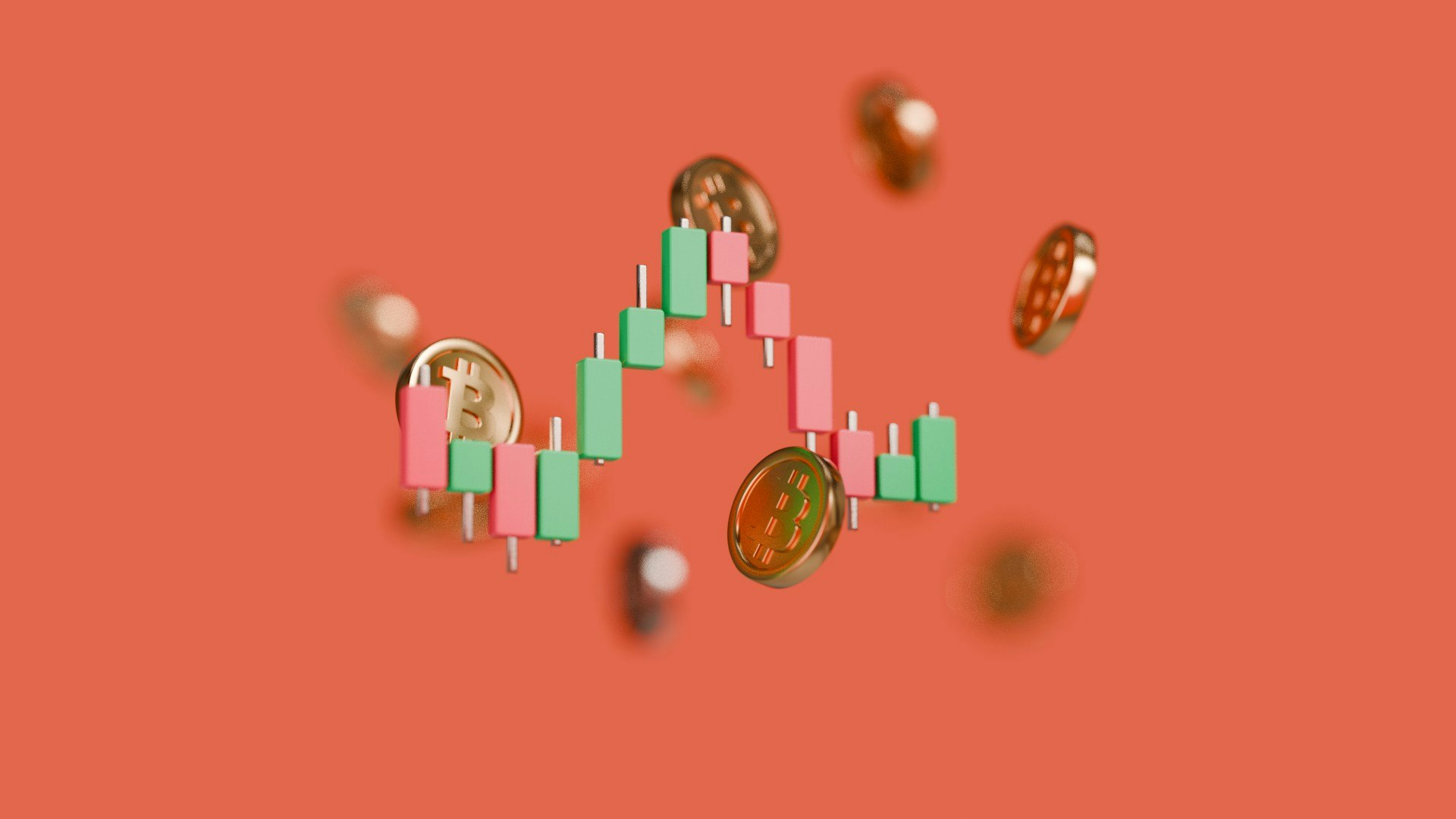
Why Bitcoin is a hedge against inflation
Fixed Supply
Bitcoin’s scarcity protects it from central bank money printing. When dollars lose value, BTC holds steady, theoretically.
Decentralisation
No government controls BTC. Even if your country’s economy stumbles, BTC remains outside the realm of whatever the government and central banks are doing. That way, the price of Bitcoin may hold steady while a country’s economy crumbles.
That’s not to say that Bitcoin price never falls. In fact, the Bitcoin price may fall while a country’s economy gets strong. But because Bitcoin operates separately from governments and central banking, then investing on Bitcoin is a way of “splitting risk”. Or, another way to say it is "hedging your bets".
Global acceptance
More businesses and individuals accept BTC as payment. As adoption grows, its value strengthens.
Historical performance
Over the past decade, BTC has outperformed most traditional assets. Even during economic turmoil, it has held its ground.
But wait, is inflation really a threat?
Depends who you ask. Some economists believe inflation won’t be a problem much longer. Others think a little inflation might even be beneficial. Some think it will send countries into recession and is disastrous for normal people trying to pay bills.
Holding some BTC is a method some people are using to back up their finances, just in case. It is worth researching and looking into buying Bitcoin as inflation continues its march skyward.
In summary: Buy BTC in Australia to hedge?
Bitcoin isn’t just for tech-loving investors. It’s a hedge against inflation, a digital asset with real-world implications. It could be a way to protect your money in an ever-changing financial landscape. Buying Bitcoin is a way to “split risk” as well as to invest on the idea that the prices will keep rising over time.

Frequently Asked Questions
How can I buy Bitcoin in Australia as a hedge against inflation?
To purchase Bitcoin in Australia, you can use a crypto exchange like CoinJar. These platforms allow you to buy Bitcoin with Australian dollars using various methods, such as bank transfers or credit cards.
Once purchased, your Bitcoin is stored in a Bitcoin wallet, which you can access through the exchange or a separate wallet provider. Remember that trading Bitcoin involves fees, so factor those into your investment strategy.
Key terms:
Bitcoin: A digital currency created in January 2009 by Satoshi Nakamoto.
Bitcoin network: The technology that underpins Bitcoin transactions.
Crypto exchanges: Online platforms where you can buy and sell Bitcoin and other cryptocurrencies.
Bitcoin wallet: A digital wallet that stores your Bitcoin.
Bank transfer: A way to fund your crypto exchange account.
Credit cards: Another way to purchase Bitcoin, although they may come with higher fees.
Trading fees: Fees charged by exchanges for buying and selling Bitcoin.
Peer-to-peer: Buying and selling Bitcoin directly with other individuals.

Suggested Articles
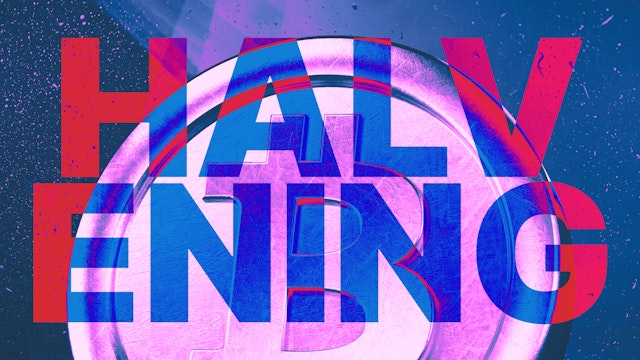
The Bitcoin Halving - What Happens to the Price of BTC?
The Bitcoin Halving event happens every four years. But what effect does it have on both the BTC price and on the cryptocurrency itself? Read more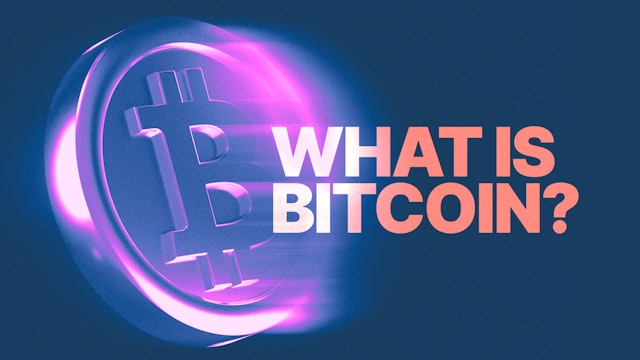
Bitcoin for Beginners: A Complete Guide to the World’s First Cryptocurrency
Discover the history, technology, and mechanics behind the digital asset that kicked off a new kind of money.Read more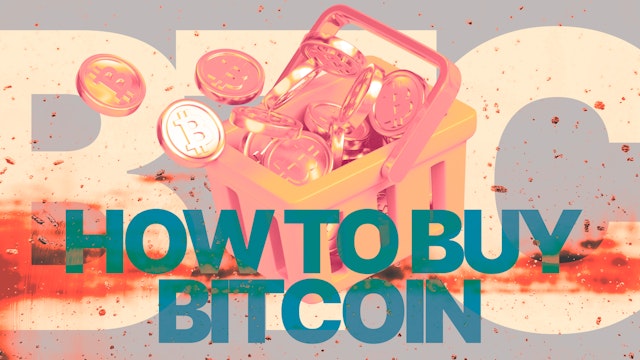
Want to Buy Bitcoin? Buy BTC the Easy and Secure Way
Want to Buy Bitcoin in Australia? Buy BTC the easy and secure way by using Australia’s longest-running crypto exchange, CoinJar.Read moreBrowse by topic
Disclaimer: This article is for informational purposes only and does not constitute financial or investment advice. Cryptocurrencies, including Bitcoin, are highly volatile and speculative assets, and there is always a risk that they could become worthless.
Readers should conduct their own research and consult with a qualified financial advisor before making any investment decisions.
CoinJar does not endorse the content of, and cannot guarantee or verify the safety of any third party websites. Visit these websites at your own risk.
Your information is handled in accordance with CoinJar’s Collection Statement.
CoinJar’s digital currency exchange services are operated by CoinJar Australia Pty Ltd ACN 648 570 807, a registered digital currency exchange provider with AUSTRAC.
CoinJar Card is a prepaid Mastercard issued by EML Payment Solutions Limited ABN 30 131 436 532 AFSL 404131 pursuant to license by Mastercard. CoinJar Australia Pty Ltd is an authorised representative of EML Payment Solutions Limited (AR No 1290193). We recommend you consider the Product Disclosure Statement and Target Market Determination before making any decision to acquire the product. Mastercard and the circles design are registered trademarks of Mastercard International Incorporated.
Google Pay is a trademark of Google LLC. Apple Pay is a trademark of Apple Inc.
This site is protected by reCAPTCHA and the Google Privacy Policy and Terms of Service apply.

